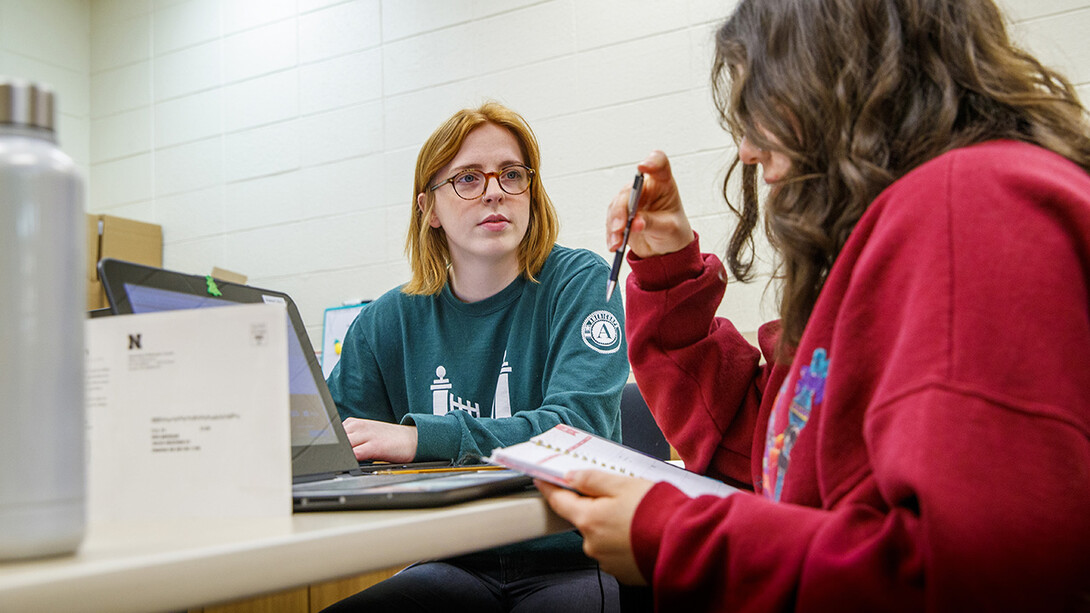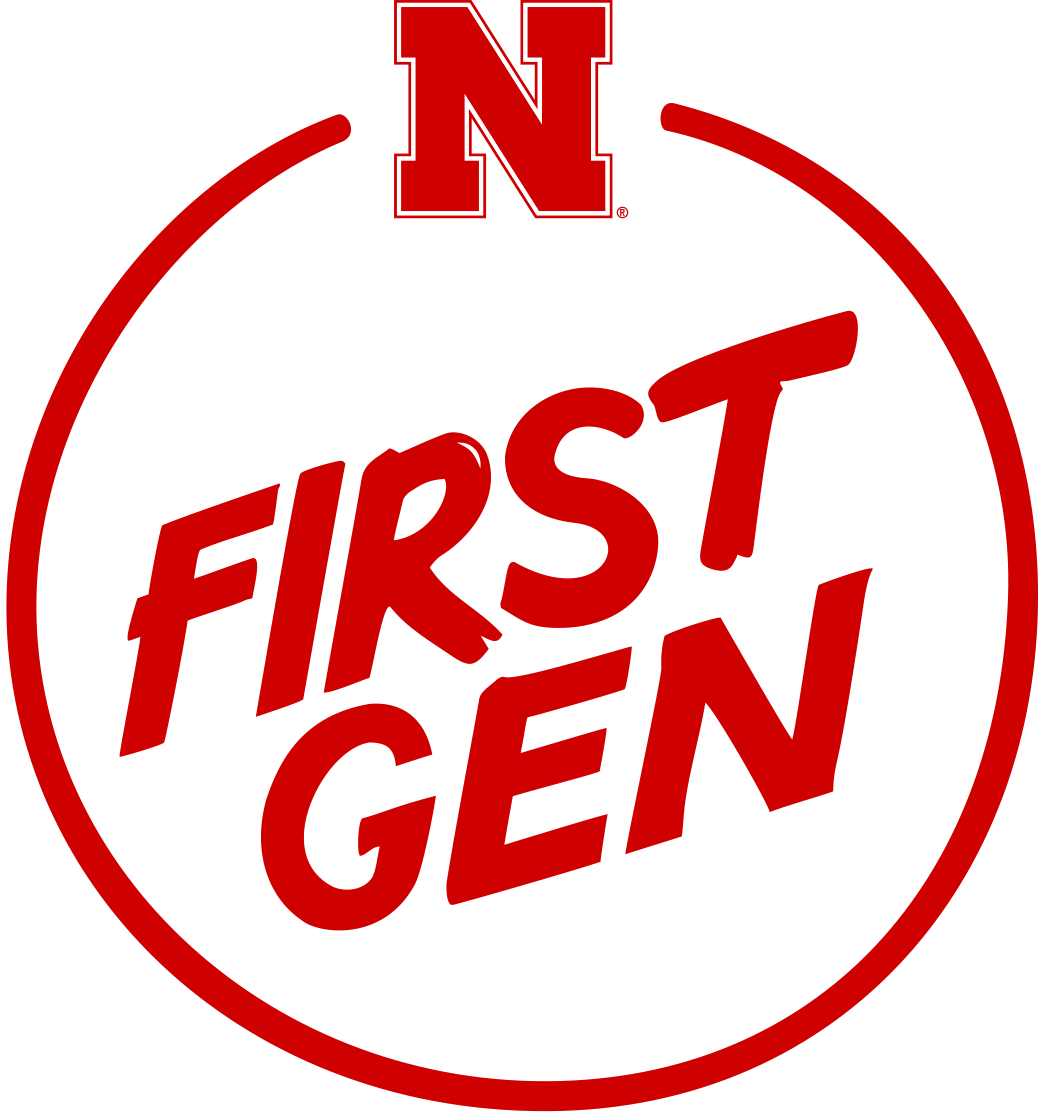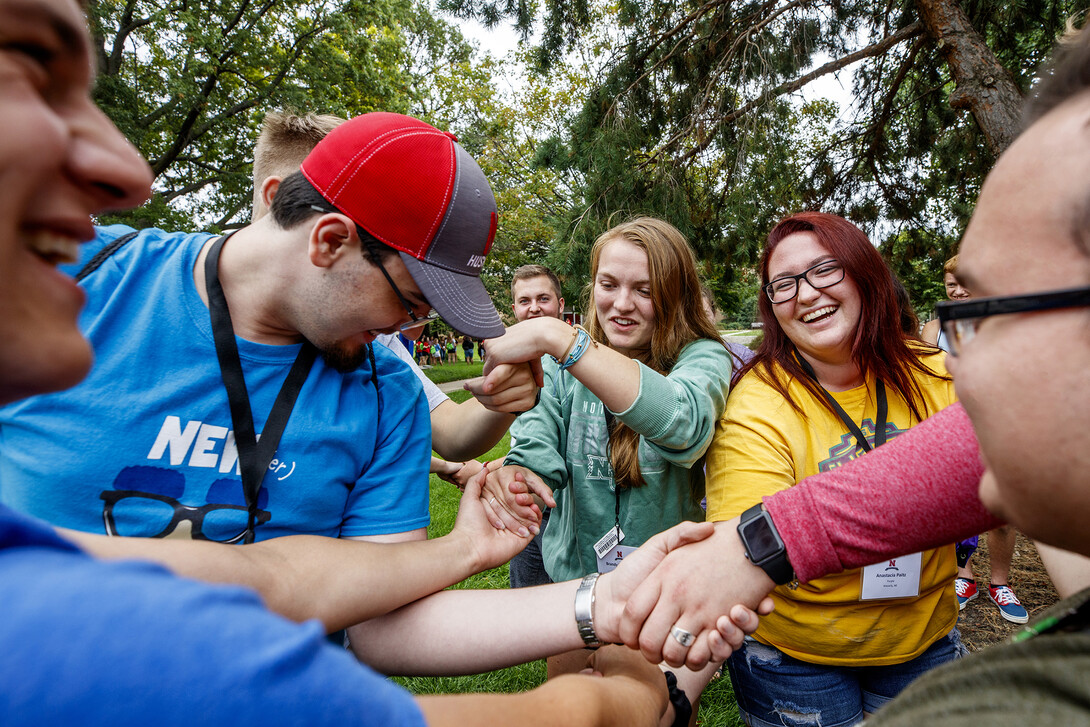
Claire Bartels recalls feeling a mix of excitement and uncertainty during her first few weeks at the University of Nebraska–Lincoln.
Starting college brought new friends, classes and opportunities — but it also meant navigating experiences completely unfamiliar to her as a first-generation student, or someone whose parents or guardians did not earn a four-year degree.
“I didn’t even know how to order textbooks,” Bartels said. “I don’t know how I missed the memo. My sister was the one who showed me, and I don’t even know how I would have found out if she hadn’t already been taking classes.”
Through Nebraska’s First Husker program, Bartels was able to connect with other first-gen faculty, staff and students on campus, as well as learn skills and strategies for college success. She went on to graduate from the university in May 2019 with degrees in sociology and global studies.
Today, Bartels is passing down the lessons she learned as a first-generation student in her role as a College Possible AmeriCorps coach at Millard South High School in Omaha.
“Being a first-generation student myself, having that personal connection to the same kind of students that I’m working with [is important],” Bartels said. “They might be the first to do a bachelor’s degree, and I have a couple students who are the first to graduate from high school, let alone go onto college — so I’m really excited for them.”

College Possible is a nonprofit located in six cities across the United States dedicated to preparing low-income students for success in college. As a coach, Bartels works with Millard South seniors to help them research potential universities, better understand the admissions process, and secure scholarships and financial aid.
With first-gen students struggling and leaving college at higher rates, Bartels understands the importance of having a mentor who’s been through the same situation. She’s enjoyed being there to answer students’ questions, encouraging them to persevere and watching them be accepted into four-year institutions.
“My favorite part, hands-down, is working one-on-one with the kids,” Bartels said.
Bartels will end her one-year AmeriCorps position this June — but she sees the impact of her work lasting far beyond that.
“I know the difference that one generation can make, in terms of not only changing the course of their lives through graduating, but any future family members that they have,” Bartels said. “It’s kind of like a ripple effect.”
She credits Nebraska programs like First Husker for giving her a community on campus and helping her realize she wasn’t alone.
“Moving in a week early and having a group of people that you’d already met at First Husker was super beneficial,” Bartels said. “That was a great transition into it, and it really did set me up for my sophomore through senior year.”








